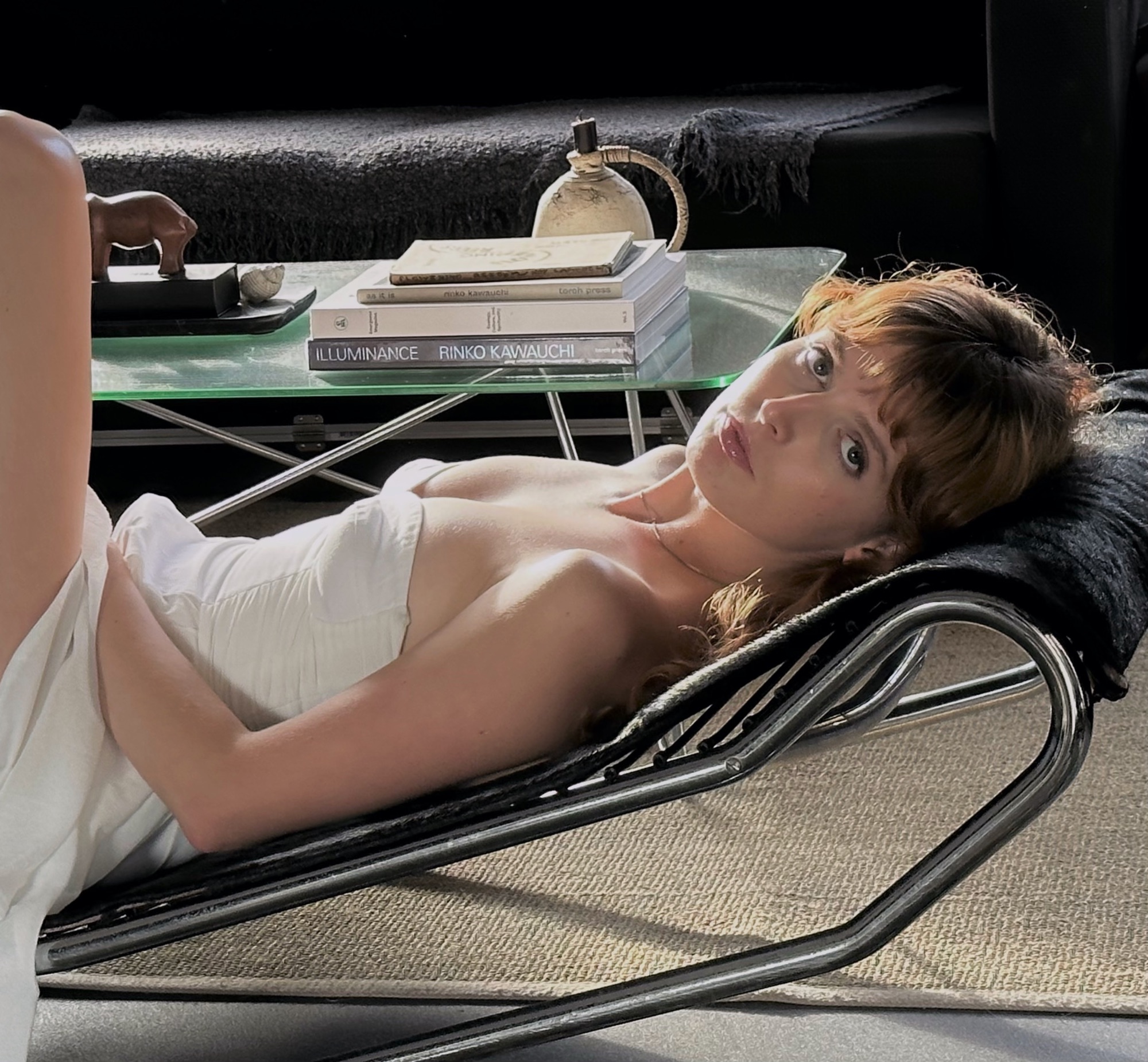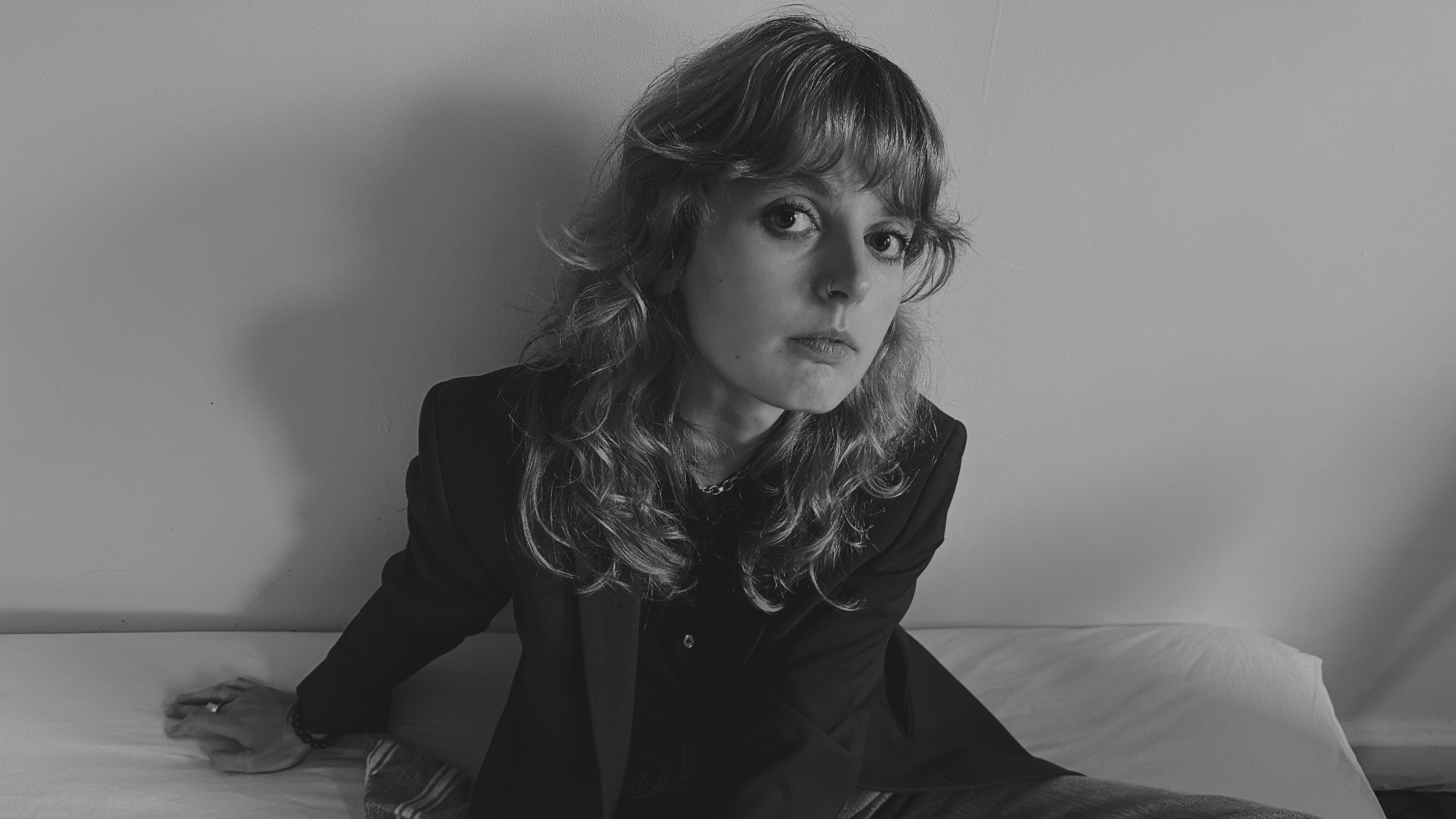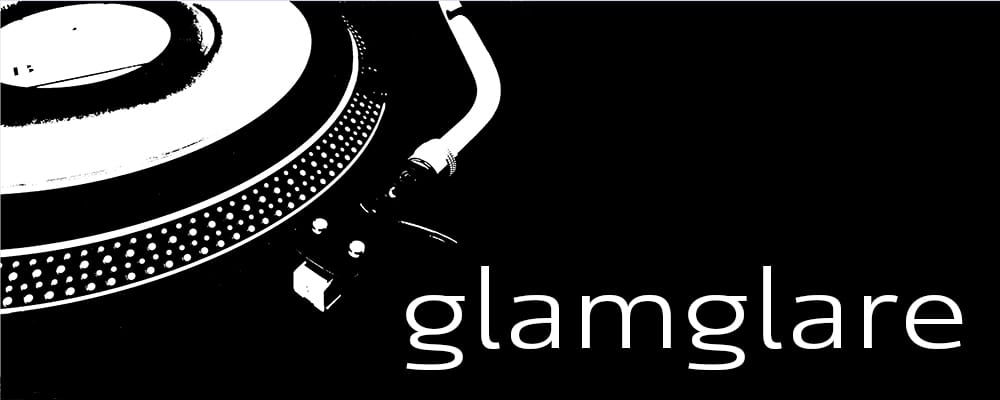Q&A with Atka

Today, the London-based singer/songwriter Atka, née Sarah Neumann, releases her debut record The Eye Against the Ashen Sky. Listen to the EP below and read on about the fascinating stories behind the music and the artist.
Your debut EP The Eye Against the Ashen Sky was released today, but you have been writing and producing music for a long time. What inspired you to start with music? Do you remember the first song you wrote?
I think what inspired me most was the feeling of defeat. Before the pandemic I played a few shows at uni, where I received a lot of support and then when I finished my undergrad I just couldn’t find a job, despite having very good grades and solid work experience. So then I realized that it literally doesn’t matter what I do in this economic climate. Most things will require a ridiculous amount of unpaid labor, most will be unfair, most either exploitative or exploiting – so I might as well pursue the thing I love most and the thing that I was always told I couldn’t do. I felt like nothing was possible so I might as well do the impossible – and throw my whole body into it with full force. I had nothing to lose had I?
The first song I wrote was “Child Of Rage” – chronologically the EP goes from back to front. I spent a whole summer writing music for 8 hours every day like a maniac and that was the first song I ended up being happy with – it felt huge. Music at that time felt like the only thing in my life that I could have control over. Something that no matter the circumstances couldn’t be taken away from me.
What triggered the desire to publish your music and release an EP?
I spent most of my early twenties absorbing as much art as I could – books, philosophy, music – I felt like I missed out on so much living in small town East-Germany and always wanting to fit in. I mostly spent my time in our backyard making up magical worlds convinced I was a fairy haha. But jokes aside, I felt so behind when I moved to London and spent a lot of time “catching up”. However, at one point I just got tired of it all and decided that I was ready to grow in public. I stopped being afraid of being a work in progress.
You have been working in politics and film and obtained a master’s degree in philosophy. How does writing and releasing music fit in?
I think it is natural that when you absorb so much knowledge, books and theory, there have to be moments of release and expression. A lot of the things I do and am interested in are very intellectually driven. With my head up in the air all the time, I sometimes have a hard time being in my body. Music brings me back into my body and lets me access the parts of me that I can not intellectualize. Most of the time these latent parts are a lot more revealing of what’s going on with me and the world around me, then anything I could possibly conceptualize intellectually. All of my lyrics start as gibberish. I enter a kind of trance-like state and just start mumbling any words that come to me and usually a theme arises. Often I go back into my phone notes or look at my philosophy essays or the things I write in my notebook and start drawing the lines – and suddenly all the different things I have been writing about, make sense – not because I thought about it some more, but because I just stopped and listened for a second.

You collaborated with Jung Kim (Gang of Youths) for the EP. How did this come together?
We had plans of collaborating for quite some time. Jung wanted to explore his production skills outside of Gang’s projects and has been a big fan of the songs I had written and shown him for a few years. And I was looking for someone to help me craft the complex soundscapes I had been envisioning for the tracks. I knew Jung would be perfect for this. He is a wizard on Eurorack, guitar and synthesizer and a talented engineer, whereas I had the vision for composition, structure and arrangement – as co-producers we filled each other’s gaps perfectly. It took some time and encouragement at the start because Jung was very humble about his abilities as a producer, but he eventually agreed. I was waitressing at the time and went straight from my shift at London Bridge to Jungs home studio in South-East London every day and then came back home, to the North-East, around midnight. I basically did a full on London-city tour each day and ran on very little sleep. It was mad. I was working on new ideas either on the bus and train or running to work, while singing a harmony or chord progression into my phone. I think we both learned so much in those 2 months of recording early this year and we really pushed each other.
The Eye Against the Ashen Sky draws inspiration from renowned philosophers’ and artists’ work, but it is also rooted in personal experiences. Can you provide a brief summary of the concepts and themes explored in the four songs featured on the EP?
Because the songs were written at the same time as I was writing my masters thesis, they also feature very similar themes. There I explored how we can perceive non-animated objects as looking at us, for example a tree, a chair etc. The question arose from a late night walk I took in St. Johns Wood, where I felt as if the trees were gazing at me. I just couldn’t shake it off. And at the same time I recognized that this was a period in my life were I felt extremely alienated fom myself, constantly determined by my environment and surroundings. I felt like the gaze of this environmental machine, that I find so hard to put into words, was eating me alive. So I became interested in this relationship between the experience of being perceived, when no one is watching, and the feeling of alienation. I read a lot of Jean Paul Sartre’s work for my thesis, but also Deleuze and Marx and found similar themes in their work. I was fascinated by it.
So the songs deal with the theme of experiencing oneself constantly and only as a reflection of oneself, but never as the true self. And they explore the quest of finding the way back into one’s body. I could go on and on about the themes in the EP, there’s a lot of repetition, a lot of recurring metaphors of fog and smoke, many references and everything is in there for a reason, because it all came out when I deeply listened to myself. There is references to Louis Bourgeouis, which to some might reveal a bit more about the subject matters I am talking about. But everything you need to know is in the music.

Your songs feature complex sounds. Do you start with a simple idea and go from there, or do you have the entire composition in mind?
I sometimes wish I was more of an abstract artist, but I very much come from a singer-sogwriter kind of background, having listened to loads of folk music. So I usually write my songs on guitar first in their very classic structure, but I never pre-plan or map out a structure. Writing songs to me always needs to involve elements of surprise and uncertainty. I think only when you open yourself up to really play, can creativity flow free. Often it is a chord-progression that I try out randomly, that feels special to me and then I continue to play with chords until I find the next thing that feels magical and that’s how things build up and with time become a whole piece of work. Time and patience are key elements though. Sometimes I would sit for 2 or 3 hours just trying out different instruments, plug-ins, samples and rhythms until the right thing comes to me. However, even though I don’t have an entire composition in mind, I usually know what a song is missing – I can best describe it in terms of color, texture, weight and feeling, which might sound very strange and esoteric. And I have a few idea I sometimes have my own annotation system that gives those descriptions more form and helps me communicate with my collaborators. But to sum it up, the situation is often: This is the next thing the track needs, now let’s go and play until we create it.
Do you have plans to perform live?
Yes there are some very exciting things ahead! I will be supporting the iconic Lucrecia Dalt at her London show on the 07. November. I am a huge fan of her work and have a lot of respect for her, so it’s quite surreal that one of my first gigs as Atka is opening for her. I’ll also be playing a release show at The Waiting Room on the 28. November and am slowly starting to plan some international shows, we’ll see.
After the EP release, what is next for Atka?
You’ll find me in the rehearsal room with my mates getting everything ready for the live shows. I really want to put on a whole experience and transport people into a different world. And then I want to finish writing my new material that I started sketching this year and get it into a studio to start crafting the soundscapes. I would also love to play some support shows and get in the rhythm of playing more regularly. I’ll see what the world reveals to me and am open for surprises!
Thank you, Sarah, for the deep insight into your music. We are looking forward to hearing more music from you.
